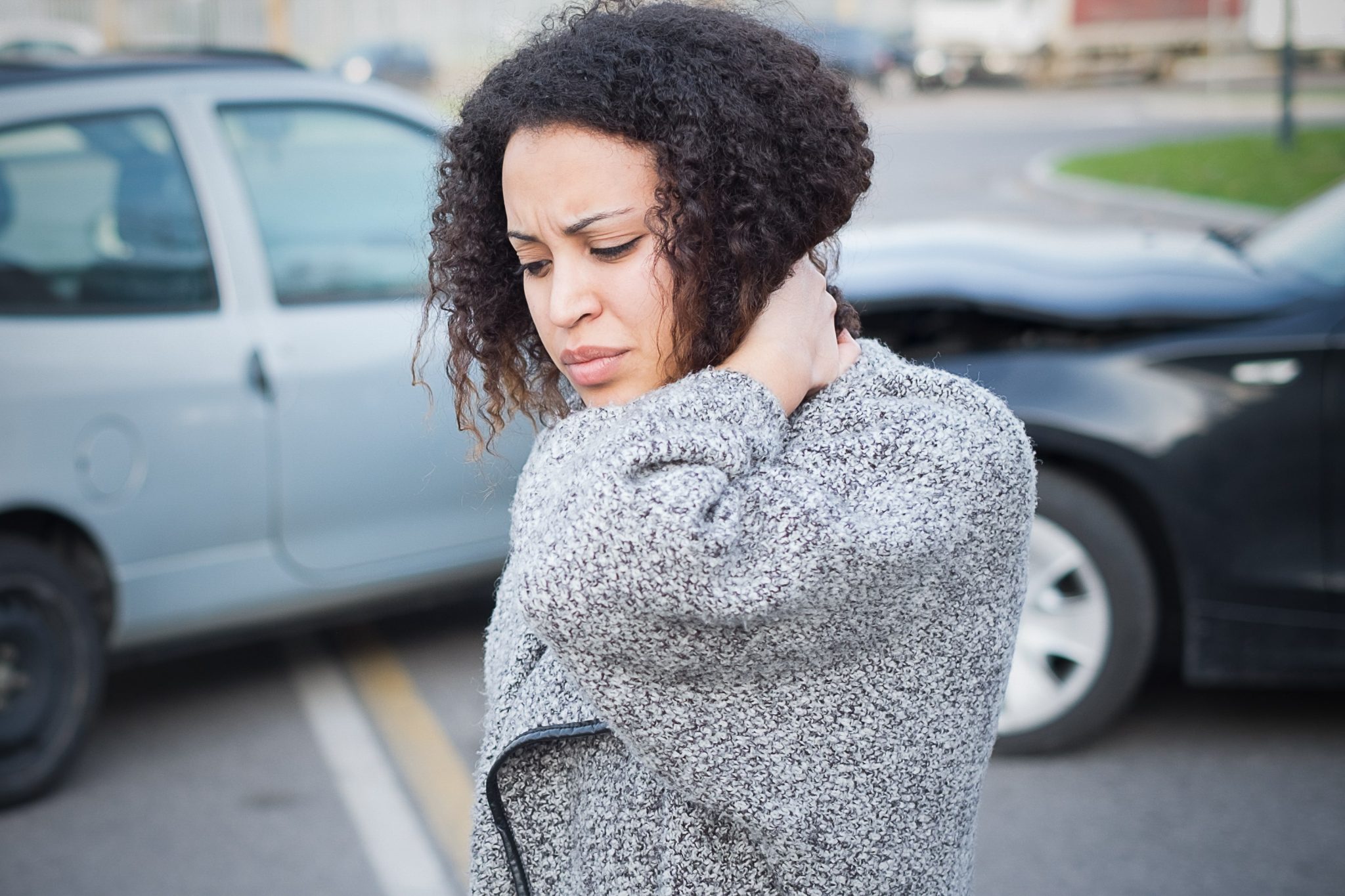- WE’RE HERE TO HELP 24/7
- 800.586.5555
Do I Need to See a Doctor After an Accident?

Can I Sue Even If My Car Crash Injuries Aren’t Serious?
November 20, 2021
Kanner & Pintaluga Welcomes Joel Ortega in Coral Gables
November 30, 2021Do I Need to See a Doctor After an Accident?

Yes – seeing a doctor or chiropractor as soon as possible is one of the most important things you can do after suffering an injury in a car accident, slip and fall or workplace accident. Failing to seek medical care will deprive you and your personal injury attorney of vital evidence in your case.
If you don’t seek medical attention after an injury, the insurance company and defendant can justifiably call into question the severity of your injuries. If your injuries were so serious and expensive to treat – why didn’t you see a doctor right away? They may also allege your injuries are attributable to some other cause – not the accident caused by the defendant.
Be Prepared When Filing a Claim or Personal Injury Lawsuit
Any accident that results in serious injuries may end up costing you a lot of money. As your medical bills continue to pile up, you might assume your insurance company will responsibly reimburse you for your expenses. After all, isn’t this what they’re supposed to do? The truth is that while you deserve fair compensation, you might not always get it. You might be forced to jump through multiple hoops to get the money you’re owed.
Like any other business with corporate goals, insurance companies aim to maximize profit and give away as little as possible. That’s why the first settlement offer is often offensively low. They view your injury and the financial consequences as a negotiation.
What are the steps you should take to ensure you have the upper hand in your injury claim negotiations?
See a Doctor, Even if You Have Mild or No Symptoms
If you are injured in a serious car, motorcycle, bicycle or work accident you will undoubtedly need immediate medical intervention. Your condition might necessitate surgery, a prolonged hospital stay or continued treatment in the form of physical therapy.
While being treated for serious and life-threatening injuries is an obvious requirement, what you should do after a minor accident might be less clear. You might hesitate to get medical care, especially if you’ll need to pay for it out of pocket.
The absence of pain or discomfort doesn’t mean you haven’t been injured. Your symptoms might not be immediately noticeable but can appear or worsen over time. You can be seriously injured and not know it.
The ability to temporarily numb pain is part of your body’s natural defensive response to traumatic events like accidents. During an accident, adrenaline and endorphins flood your body, giving you a boost of energy. This innate survival mechanism masks pain, giving you the impression that you’re fine, even though you aren’t.
Once the hormones subside, you will finally begin to feel your injuries. Seeking medical help right away has a twofold benefit – it protects your health and may improve your negotiating position when you file a personal injury claim.
Follow Your Doctor’s Treatment Plan
If your doctor determines you are in fact injured and prescribes a treatment plan, precisely follow their instructions.
There are several important reasons you should closely follow your doctor’s advice:
- Their advice will help you recover quickly and prevent your condition from worsening
- Your doctor’s treatment guidelines can help corroborate the nature, seriousness and the cost of your injuries
- It will prove to the insurance company (and potentially a judge or jury if your case goes to trial) that your injury was real, and you took it seriously
Having your injury documented by an independent medical professional is imperative if you decide to make an accident injury claim. Medical treatment records and medical bills are significant evidence for determining damages in a personal injury case.
Other important evidence in accident cases includes photographs of the accident scene and eyewitness accounts.
Review Doctor’s Records for Accuracy
To provide efficient documentation for your claim, ask your doctor for copies of your medical records. Read those records carefully and ask for corrections of any discrepancies or omissions you find.
Pay close attention to the description of your accident. Make sure your doctor got the facts right and clarify any misunderstandings that may have occurred. Additionally, ensure that your medical records accurately state and describe your symptoms.
All discrepancies need to be identified and corrected to avoid pushback from insurance adjusters and defense lawyers. Remember that it’s their job to reduce the amount of compensation they must pay you and they will work tirelessly to do so.
For example, they might look through your medical history to find a previous injury or preexisting condition that they can argue is the true cause of your symptoms. Be one step ahead of the game by making sure that your medical history is accurate, especially when it comes to pre-existing conditions.
